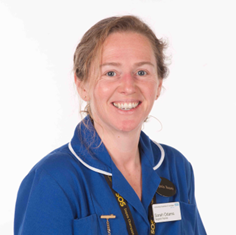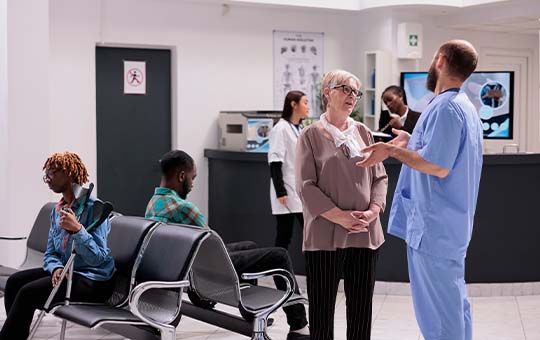News and updates on today's conference focusing on ensuring early diagnosis and effective management of Sepsis, and improving outcomes through effective after care following sepsis infection.

Dr Ron Daniels BEM
Consultant in Anaesthesia and Intensive Care, University Hospitals Birmingham NHS Foundation Trust; Vice President, Global Sepsis Alliance; Executive Director, UK Sepsis; and Senior Lecturer,
Improving Sepsis Awareness and Developing The Role of Sepsis Champions
● improving sepsis awareness
● improving communication and developing the role of ward sepsis champions
● spotting the Soft Signs of Deterioration
● the role of technology in early identification: the red flag sepsis alert
● our experience in training staff to recognise sepsis
Ron started his session by explaining that he started working in Sepsis in 2006. He said "At this time pretty much no-one knew what sepsis was".
Ron went on to say "Sepsis can affect anyone, we need to reiterate that"
Ron concluded by saying "We are a long way from perfect both as individuals and as NHS Professionals". "The NHS are failing our patients and we need to address this"

Ms Sarah Odams
Lead Sepsis Nurse, Leicester Royal Infirmary
Lead Sepsis Nurse, University Hospitals of Leicester NHS Trust.
Sarah has worked in the NHS for 30 years; the main focus of her career has been in critical care. Adult & Cardiac Intensive Care Units and Critical Care Outreach.
Improving Outcomes in Sepsis
● early detection of deteriorating patients in both acute and pre-hospital settings
● reducing cardiac arrests and improving outcomes
● the role of Quality Improvement in Sepsis management and patient safety
● improving after care following sepsis infection
Sarah talked through the Sepsis tools & promotion they have been using at her trust called SOS - Suspicion of Sepsis, Including lanyards with an information card, lift wraps and posters around all their sites.
Sarah said "This is just a window into the world of sepsis and how we intervene at our trust to try and change the outcomes of our patients"
Dr Stacy Todd
Consultant in Infectious Diseases and General Medicine, Liverpool University
Dr Stacy Todd is a Consultant in Infectious Diseases and Co-Clinical Director for Tropical and Infectious Disease Unit at Liverpool University Hospitals. She is also OPAT and Research lead for the department. Her research interests are …
Learning from Sepsis Negligence Claims
● learning from sepsis negligence claims
● understanding and managing claims
● case examples from acute and primary care
Stacy said "The delay of early onset antibiotics really does change the outcome for the patient". "Antibiotics within 3 hours is likely to be early enough but if its septic shock then it needs to be 1 hour".
.jpg)
























